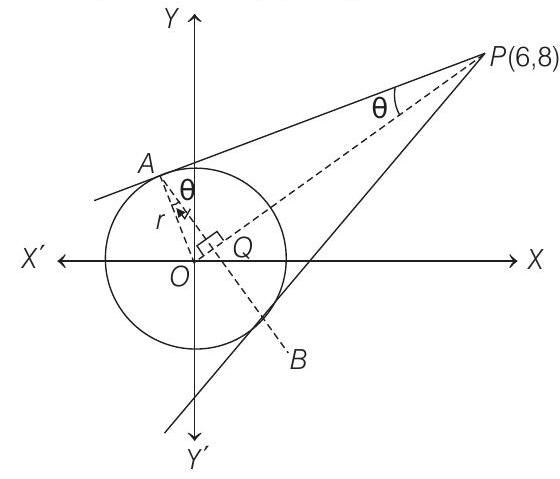Application of Derivatives 4 Question 41
####43. For the circle
(2003, 2M)
Show Answer
Answer:
Correct Answer: 43. Maxima at
Solution:
- To maximise area of

Put
At which
From Eq. (i),
####43. For the circle
(2003, 2M)
Correct Answer: 43. Maxima at
Solution:

Put
At which
From Eq. (i),
© 2024 Copyright SATHEE
Powered by Prutor@IITK
Welcome to SATHEE !
Select from 'Menu' to explore our services, or ask SATHEE to get started. Let's embark on this journey of growth together! 🌐📚🚀🎓
I'm relatively new and can sometimes make mistakes.
If you notice any error, such as an incorrect solution, please use the thumbs down icon to aid my learning.
To begin your journey now, click on "I understand".